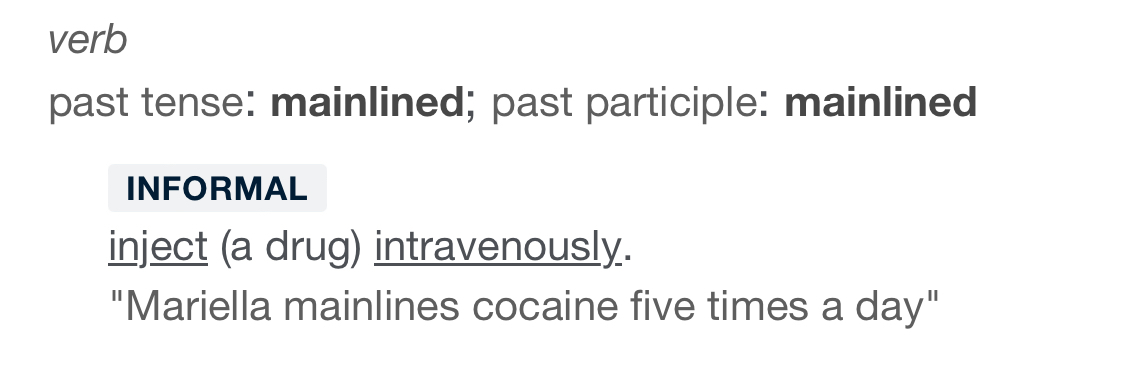Longevity and lifespan are a real hot topic right now. The amount of interest in the field has been increasing significantly and several labs are cranking out exciting new research. However, there is a lot of data out there and it can be tricky to interpret promising data from the noise. In response to this, a few researchers came together and put out a preprint on how to best gauge the quality of longevity interventions.
https://www.sciencedirect.com/science/article/abs/pii/S1568163724003301
They argue in favor of choosing long lived controls, in this case lab mice, as a better marker for the robustness of any longevity intervention and state…
“In the absence of independent replication, a putative mouse longevity intervention should only be considered with high confidence when control lifespans are close to 900 days or if the final lifespan of the treated group is considerably above 900 days.”
This is the 900-day rule. Now, why is this important? Many studies in longevity research around mouse models use a variety of lab strains, and their median lifespans can differ dramatically. Let's say we have two studies, one has an intervention that is able to increase lifespan by 12% (intervention A) and the other shows a whopping 30% increase (intervention B) in lifespan. Which of these two sounds more interesting, more exciting, more desirable? In most cases that 30% increase is going to generate a lot of discussion and excitement, more so than a measly 12% lifespan bump. Details are key, and in this case the details are the longevity curves.
I just said details are key, but I’m going to gloss over A LOT of information and just focus on longevity curves and median lifespans from a few different papers just to help illustrate this point.
https://www.ncbi.nlm.nih.gov/pmc/articles/PMC9171804/
This study looks at gene therapy (and was mentioned in another post here) and boasts that “...mouse lifespan was increased up to 41%...”

I’ve included their longevity curve and have added my own lines to help illustrate this, in black I’ve plotted the median lifespan of the control group, and red is median lifespan of the longest lived intervention group. We can easily see that the lifespan increase is significant, but does it pass the 900-day rule? The controls averaged just over 26 months, let's say approximately 790 days. Definitely under 900 days, barely hitting 800. So far it doesn’t quite make the grade.
Let’s look at another paper. https://elifesciences.org/articles/16351
This one tested lifespan changes with rapamycin. There were multiple interventions, for now I’m just looking at one figure, longevity of the male cohort with ramapycin injections.
 Once again I’ve plotted the median lifespan on the controls and intervention. We can already see the stark difference compared to the first paper. This lifespan bump looks pretty small by comparison, but let's look at the 900-day rule. Controls lasted on average a little over 200 days past 24 months, approximately 920 days. This is a long lived control.
Once again I’ve plotted the median lifespan on the controls and intervention. We can already see the stark difference compared to the first paper. This lifespan bump looks pretty small by comparison, but let's look at the 900-day rule. Controls lasted on average a little over 200 days past 24 months, approximately 920 days. This is a long lived control.
So, why is this important? If we can set a standard for longevity trials to only use long lived controls it significantly helps quantify the data as a whole. If you were quickly pursuing these papers, the takeaway might be that rapamycin is an inferior treatment compared to the gene therapy Jaiyan et al. tested. If nothing else the 900-day rule is the ultimate hype tester. I want to see exciting data showing lifespan increases as much as these researchers do, but be wary of the hype.
